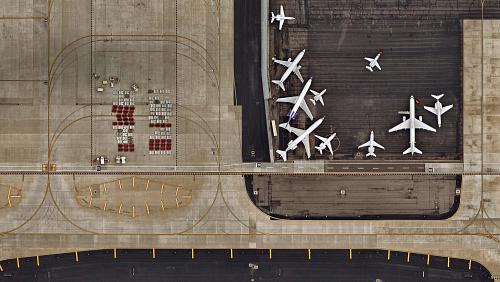Waste incineration has become an increasingly popular method for dealing with municipal solid waste in Turkey. As the country seeks to reduce its reliance on landfilling and move towards more sustainable waste management practices, the demand for waste incinerators has steadily increased. However, like any industry, waste incineration is subject to market trends and various factors that influence the pricing of incineration systems in Turkey.
One of the main factors influencing waste incinerator prices in Turkey is the regulatory environment. As the government continues to tighten regulations on waste management and emissions, waste incinerator manufacturers are under pressure to produce systems that meet these stringent standards. This often leads to higher production costs, which are then passed on to consumers in the form of higher prices for waste incinerators.
Another factor that impacts waste incinerator prices in Turkey is the cost of raw materials and components. The prices of steel, cement, and other materials used in the construction of incineration systems can fluctuate based on global market trends and local supply and demand dynamics. Any changes in the cost of these raw materials can have a direct impact on the overall price of waste incinerators.
The level of competition in the waste incinerator market also plays a role in determining prices. As more manufacturers enter the market, competition increases and prices tend to become more competitive. On the other hand, if there are only a few major players in the market, they may have the ability to dictate prices based on their market dominance.
Additionally, technological advancements can also influence waste incinerator prices. As new and improved technologies are developed, incinerator manufacturers may invest in research and development to incorporate these innovations into their systems. While these advancements can improve efficiency and performance, they can also drive up the cost of waste incinerators.
Furthermore, the demand for waste incinerators in Turkey is influenced by the overall economy and government spending. If there is a high demand for waste incinerators due to new government initiatives or industrial expansion, prices may increase due to the increased demand.
It is important for businesses and municipalities in Turkey to consider these market trends and factors when planning for waste incineration projects. Understanding the influences on waste incinerator prices can help stakeholders make more informed decisions and budget effectively for waste management solutions.
In conclusion, waste incinerator prices in Turkey are influenced by a variety of factors, including regulatory standards, raw material costs, competition, technological advancements, and overall demand. By staying informed about these market trends, stakeholders can better navigate the landscape of waste incineration and make informed decisions about investing in these systems.






